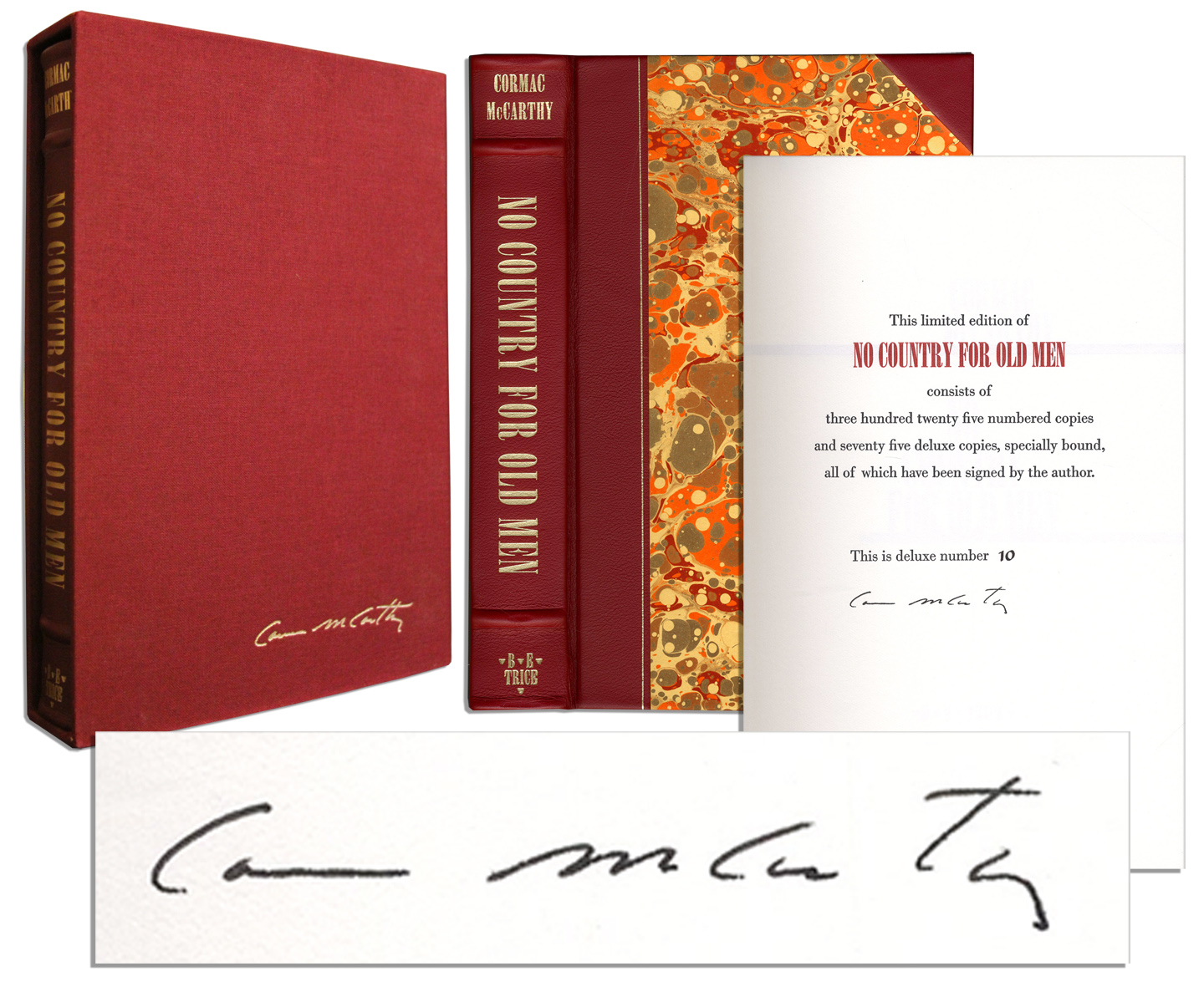
After killing the hotel clerk, Chigurh shoots the lock with his bolt pistol – the tool used to kill cattle that Chigurh uses to kill the man in his first scene – which sends the lock into Moss’ chest, forcing him to flee the room by jumping from a window, after taking a shot at Chigurh with his shotgun. In the movie, it plays out much differently. Soon though, the conversation breaks down and Moss makes a break for it and the chase scene begins.

Moss hears Chigurh coming and hides in the room and gets the jump on Chigurh when he opens the door and holds him at gunpoint while they have a short conversation. In the book, Chigurh kills the hotel clerk and takes a key for the room where he knows Moss is hiding. The scene in the hotel, when Anton Chigurh, played by Javier Bardem in an Oscar-winning performance, tracks down Moss (who is, again, carrying the money he took from the dead drug runners), is changed quite a bit in the movie from the book. The Coen Brothers nail it and the movie is infinitely better for not having to rely on simple tricks to tell the story in the easiest way.

In that respect, the film does exactly what it needs to do to tell the story the same way it plays out in the book, without voiceovers, while telling the same story with the same tone. Instead of the inner-monologue in the Cormac McCarthy book, much of Bell’s thoughts are conveyed to other other characters, like his revelation about the cattle-killing tool that Chigurh is using that Bell has in a conversation with Carla Jean Moss, Llewelyn’s wife, played by the wonderful Kelly Macdonald in the movie.

It makes for a much more rewarding movie when the story develops naturally, rather than someone reading a book on tape with pictures behind the words. The Coens are definitely not lazy and it presents a great challenge to tell the No Country For Old Men story without hitting the audience over the head with constant voiceovers explaining the action. On film, doing something very hacky like constant voiceover monologues and exposition too often serves as a lazy way for filmmakers to fit these kinds of thoughts in films. It is hard to convey the thoughts and feelings of a character without their inner dialog that is easy to do in books. Whenever books are translated to film, there is almost always something lost in this way.


 0 kommentar(er)
0 kommentar(er)
